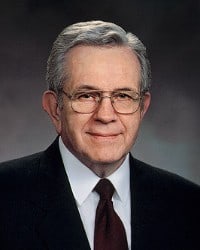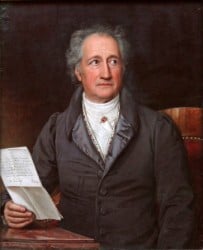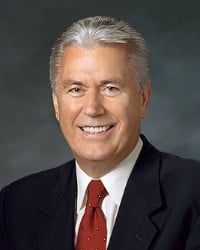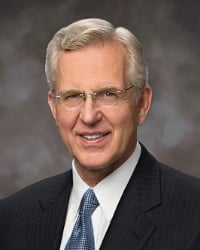
LDS Quotes on Purpose


“There is one thing the Lord and Lucifer have in common: they both desire for us to become as they are.”

“The purposes of our God are great, His love unfathomable, His wisdom infinite, and His power unlimited; therefore, the Saints have cause to rejoice and be glad.”

“The earth did not come by chance nor by accident. It is the result of a creation that is based on purpose, on agency, on choice. It accords with laws which were in force long before the plan was every laid down. All of it has order; all of it was planned for us. The beauty and precision of the universe, the endless variety of plant and animal life—all testify of a plan and a creator.”
| The Earth Shall Teach Thee, 12.

“Until one is committed, there is hesitancy, the chance to draw back, always ineffectiveness. Concerning all acts of initiative and creation, there is one elementary truth the ignorance of which kills countless ideas and splendid plans: that the moment one definitely commits oneself, then providence moves too. All sorts of things occur to help one that would never otherwise have occurred. A whole stream of events issues from the decision, raising in one’s favour all manner of unforeseen incidents, meetings and material assistance which no man could have dreamed would have come his way. Whatever you can do or dream you can, begin it. Boldness has genius, power and magic in it. Begin it now.”

“The people around us are not perfect. People do things that annoy, disappoint, and anger. In this mortal life it will always be that way. Nevertheless, we must let go of our grievances. Part of the purpose of mortality is to learn how to let go of such things. That is the Lord’s way. Remember, heaven is filled with those who have this in common: They are forgiven. And they forgive.”
| The Merciful Obtain Mercy

“The strongest principle of growth lies in the human choice.”

“True success in this life comes in consecrating our lives – that is, our time and choices – to God’s purposes. In so doing, we permit Him to raise us to our highest destiny.”
| “Reflections on a Consecrated Life,” General Conference, October 2010

“For each of us to “come unto Christ,” to keep His commandments and follow His example back to the Father is surely the highest and holiest purpose of human existence. To help others do that as well—to teach, persuade, and prayerfully lead them to walk that path of redemption also—surely that must be the second most significant task in our lives.”

“The problem of reconciling human suffering with the existence of a God who loves, is only insoluble so long as we attach trivial meaning to the word love…What we would here and now call our ‘happiness’ is not the end God chiefly has in view; but when we are such as He can love without impediment, we shall in fact be happy.”